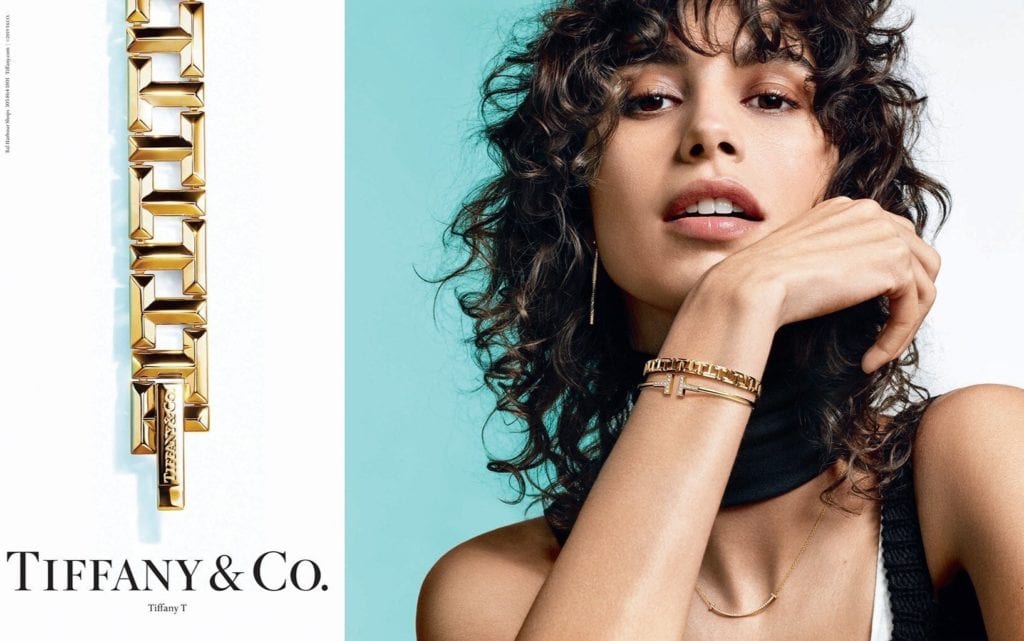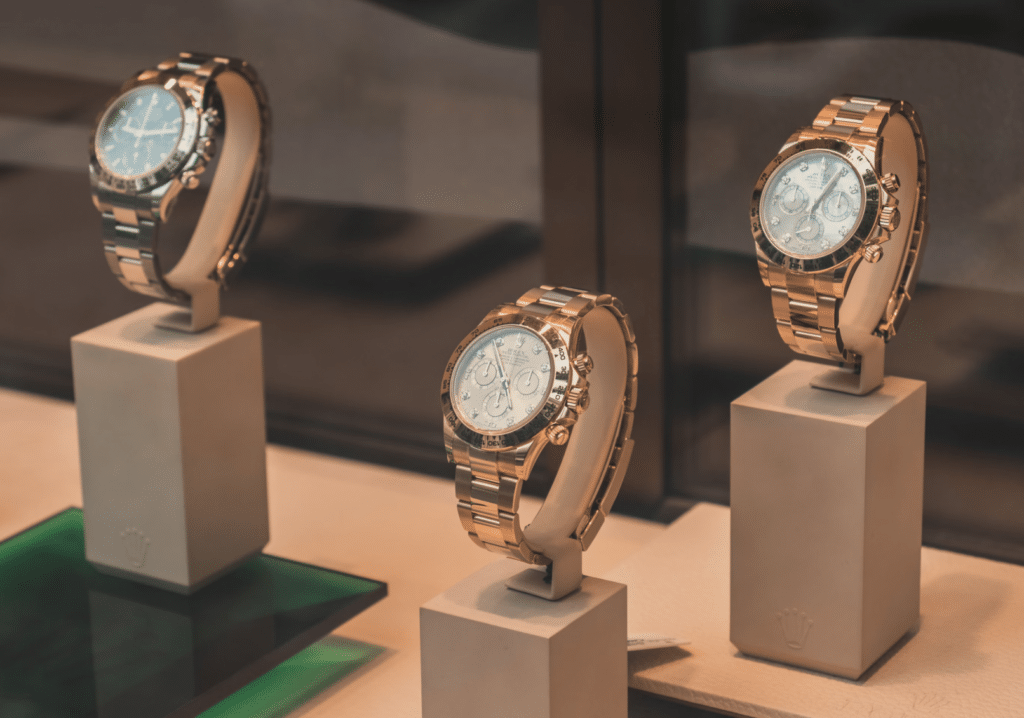In April 2018, a woman named Tiffany Parmar set out to register the name of her small, Cotswolds-based business with the United Kingdom Intellectual Property Office (“UKIPO”). She was in the process of expanding her business Cotswold Lashes by Tiffany – which she had renamed from “Beauty by Tiffany” in order to emphasize her focus on eyelash extension treatments – from the beauty services she offers from her home to include business-to-business sales of her proprietary lash extension products and classes to enable other budding “lash technicians” to meet the booming demand in the burgeoningly popular eyelash extension market.
Given that she had “invested in quite a lot of [cosmetic] products” bearing her brand’s name, Parmar wanted to “protect herself,” and so, that April, she enlisted legal counsel to file a trademark application for her company name in three classes of goods/services: class 3, which broadly covers cosmetics, but specifically Parmar claimed “eyeliner; eyelashes; eyeshadow; eye gels; eye makeup; eyebrow cosmetics; false eyelashes; cosmetic eye pencils; [and] eye makeup remover;” class 41, in particular “education and instruction in cosmetic beauty;” and class 44 for “hygienic and beauty care” and “beauty treatments.”
Her application for registration was preliminarily accepted by the UKIPO, and published a few months later in furtherance of a pre-registration process by which anyone that believes that they might be damaged by the registration of a pending trademark application may oppose its registration. That is precisely what Tiffany & Co. did.
In October 2018, the New York-headquartered jewelry company lodged a formal opposition to Parmar’s application with the UKIPO. It argued that, among other things, her “Cotswold Lashes by Tiffany” trademark is “very similar” to its own UK and European Union-registered trademarks for “Tiffany & Co.” and “Tiffany,” and “the goods and services [she listed on her application] for are identical and/or similar to the goods and services for which [Tiffany & Co.’s] earlier marks are registered.” With that in mind, Tiffany & Co. asserted that Parmar’s mark – if registered – “would take unfair advantage of [its] marks” and would “dilute the distinctiveness” of its famous marks.
As it turns out, despite its primary focus on jewelry, Tiffany & Co. maintains trademark registrations in the UK and the EU that extend to “cosmetics,” “soaps,” and “perfumery.” It was here, Tiffany & Co. argued, that the parties had a problem.
The jewelry company would go on to file evidence with the UKIPO, including statements from relevant “witnesses,” as to the nature of its trademark rights in the UK and the fame associated with the Tiffany & Co. name. In one such statement, Lesley Matty, senior legal counsel for Tiffany, asserted that the brand has maintained a presence in the UK market for decades, first “opening a store in London in 1868, which closed during WW2 and re-opened in October 1986 … and now has 12 stores in the UK,” in which it sells “jewelry, wrist watches, perfumes and scents,” among other things.
Matty also provided revenue figures for Tiffany & Co.’s UK operations (as a whole and not specific to cosmetics/fragrances) as topping $981.6 million between 2013 and 2017, during which time the company spent more than $50 million on its advertising efforts.
Fast forward to 2020, and UKIPO trademark hearing officer George W. Salthouse has issued a decision in connection with Tiffany & Co.’s opposition, siding with the jewelry brand on nearly all accounts.
In a decision dated January 8, 2020, as first reported by WIPR, Salthouse determined that Parmar and Tiffany & Co.’s respective trademarks are “at best similar to a low degree,” noting that while “all of the marks [at issue] contain the word TIFFANY,” the placement is different for the rival parties: “it is the first word in [Tiffany & Co.’s] marks but the last word in [Parmar’s] mark.” He did, however, state that despite some differences in the goods/services, themselves, (namely in connection with Parmar’s “hygienic and beauty care” and “beauty treatments” services), the others that Parmar claimed in her application are “fully encompassed” by those listed in Tiffany & Co.’s existing registrations.
Ultimately (and despite his finding that based on the revenue and advertising figures it provided, which he called “respectable but not remarkable particularly given the huge range of goods and services for which its marks are registered,” Tiffany & Co. “cannot benefit from an enhanced degree of distinctiveness through use in relation to the goods and services for which it is registered”), Salthouse handed Tiffany & Co. the win.
The UKIPO hearing officer held that with the foregoing similarities in mind and “allowing for the concept of imperfect recollection,” a legal doctrine that acknowledges that consumers compare trademarks based on their general impression as opposed to a meticulous side by side comparison, “there is a likelihood of consumers being confused, directly or indirectly” about the source of Parmar’s services.
To be exact, Salthouse stated that there is a chance that consumers might be misled into believing that Parmar’s goods and services “are those of [Tiffany & Co.] or provided by an undertaking linked to [Tiffany & Co.] … as simply a slightly different use of the [Tiffany & Co.] marks,” and thus, held that Tiffany & Co.’s opposition is successful and Parmar – who appears to have dropped the “by Tiffany” from the name of her company in the wake of the decision – must pay £1,000 to Tiffany & Co. as a “contribution towards its [legal] costs.”
Hardly the first instance in which a big brand has taken on a small business on trademark grounds and won, Chanel made headlines in August 2014 when it filed suit against Chanel Jones, a Merrillville, Indiana-based woman, who was using her first name in connection with her business, Chanel’s Salon. The Paris-based brand asserted in its complaint that the owner of the spa and beauty salon was infringing at least nine of its federally registered trademarks, while piggybacking on the established reputation of the fashion house.
The house-that-Coco-built would ultimately prevail, with a federal court in Indiana ordering Jones to cease her use of the word “Chanel” in connection with her business in February 2015. Fish & Richardson attorney Cynthia Johnson Walden stated at the time, the case “is a reminder of the well-settled fact that an individual does not have an unfettered right to use their personal name for commercial purposes,” a point that the recent Tiffany & Co. proceedings drive home even further.
As for Parmar, she told TFL in the wake of the UKIPO’s decision that she is “disappointed with the ruling.” She says that she has not “heard from the solicitors who represented me with a decision on whether they want to appeal their decision.”














